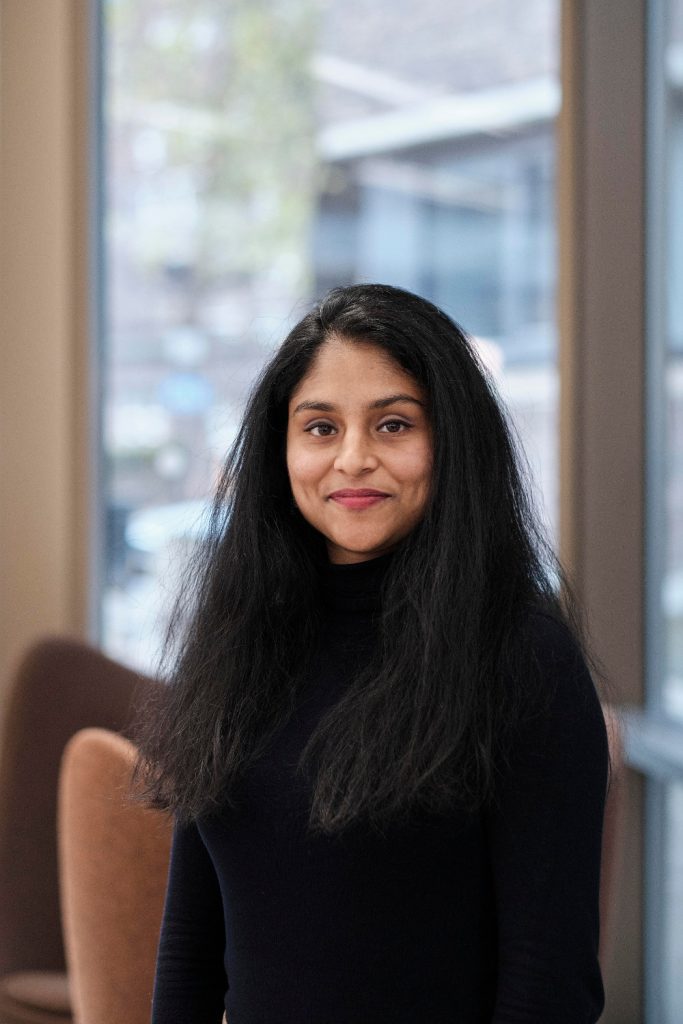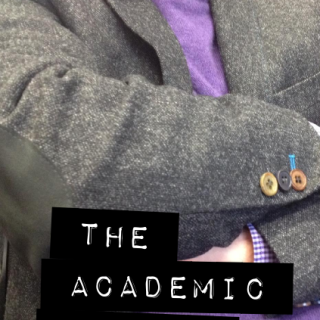Emily is a Senior Lecturer (modules taught include Applied Legal Writing and Research, Debates in the English Legal System and Land Law), Director of Mooting, Founder of the award-winning Lawbore site and author of a number of key books such as “The Insider’s Guide to Legal Skills”, Elliott & Quinn’s English Legal System” and “Legal Research: A Practitioner’s Handbook”. She first encountered City in 1999 as an MSc student and never left…
For this piece she speaks to Lawbore’s Journalists Anna Dulina, an LLM student at City Law School with specialisation in International Commercial Law and Cristina de Souza, a final year LLB student at City, about legal design, legal education, the famous Lawbore, mooting experience and her interests outside the law.

The interview is split into four categories: General, Lawbore, Mooting and Quick-fire questions.
General Q&A
- Good morning, Emily. Thank you for finding the time in your busy schedule to answer our questions. You joined the City Law School in 2014 as a Lecturer. What do you find most rewarding in your professional occupation?
Teaching is obviously a huge part of this – I am just so interested in how we learn and what can make a difference to how well we understand information, can apply it and retain it. I’ve not followed a traditional path into academia, and I think this can help sometimes in terms of my approach. My ‘mission’ I suppose has always been about making law more accessible as a subject. It sounds cheesy, but helping students reach their best potential is still so exciting.

2. You didn’t do law as a first degree? What made you change?
I loved literature and so that was my first degree (my legal education came later). I then decided to become a librarian, doing an MSc in Information Science and working as a trainee at the Institute of Advanced Legal Studies – an amazing specialist law library in Bloomsbury. It was there that I got hooked on law instead and went on to become City’s law librarian for 14 years. Early on I developed an enthusiasm for technology and came up with the idea for a website to support the learning of City students (which I called Lawbore). I enjoyed my work as City’s law librarian tremendously, but I ended up doing more and more activities outside of the remit of my role (teaching, mooting etc) so that in the end I moved over to the academic side. Coming to law as a more mature student was really beneficial (not sure how good I’d have been as a very naïve 18-year-old!) and my early degrees certainly weren’t wasted; I rely on expertise gained daily.
3. Apart from your teaching at City, you also have some interesting research interests and a number of positions of responsibility, including being a Trustee at BAILII?
Yes, I become a Trustee only last year so it’s still relatively new to me but the work of BAILII is so important and I was proud to be selected to join the team of Trustees. For those who don’t know, BAILII is the British and Irish Legal Information Institute and it is a charitable trust which makes primary and secondary legal materials available online for free. This is a lifeline for all those who can’t afford to have access to services run by the commercial legal databases (Lexis, Westlaw, Justis etc). An enormous 57% of users are legal professionals. Others relying on the site include law students and academics, self-representing litigants and members of the general public. It’s crazy to think that before BAILII there was no way of getting access to primary materials such as cases, unless you could pay for it.
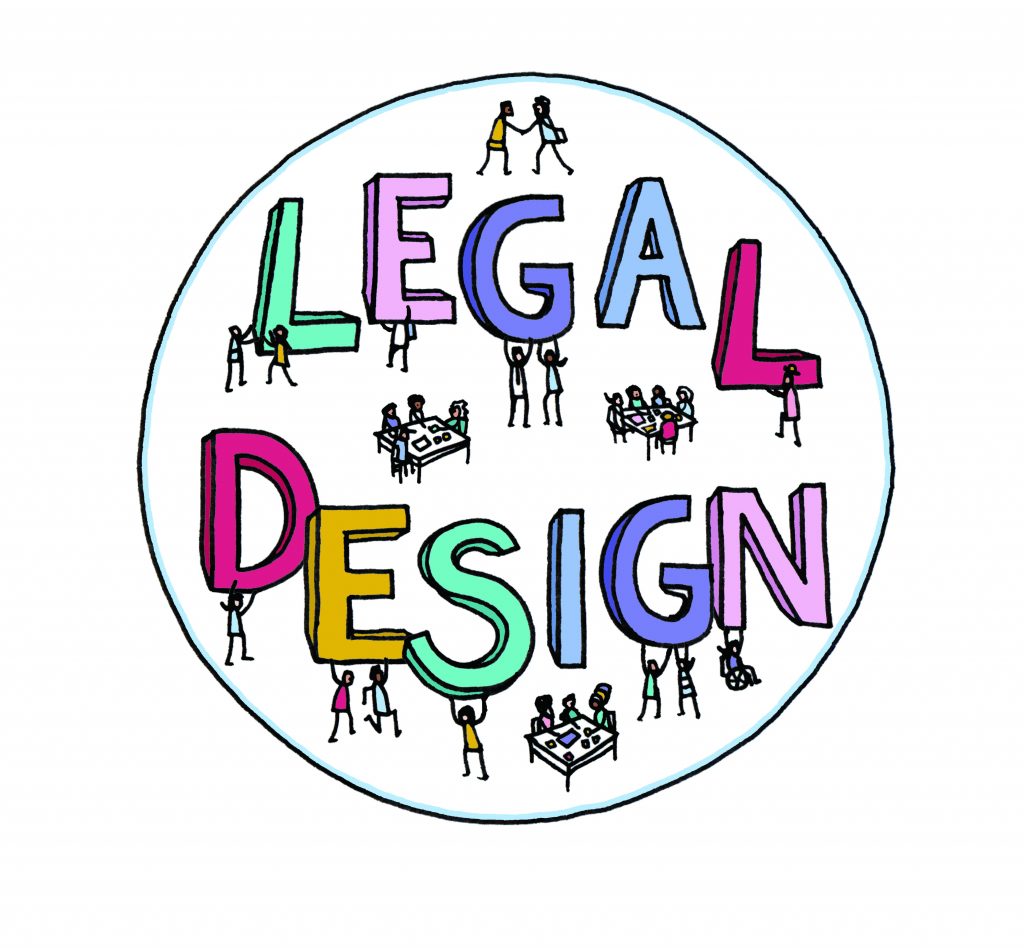
In terms of research, I work in a field called legal design. We look at how to apply design principles and processes to legal problems. This can apply in many different contexts, but I work mostly in terms of how to communicate the law better in a teaching context or an access to justice/public legal education context. I run design sprints for law students (here’s the write-up of one from Feb 2020 I did with the Bar Council) and also work with organisations. If you’re interested in finding out more about this, look at TL;DR or this interview I did with City’s Learning Enhancement and Development (LEaD) team. There is also lots of information on the Legal Design Alliance website.
4. There has been much discussion about ‘future lawyers’ and the potential shift in skillset required. What do you think will become important and how will legal education alter post-COVID?

In terms of legal education more generally there will be a long-overdue shift of focus. I think there is a recognition that law students at undergraduate level should have increased opportunities to gain more practical skills: teambuilding, working with varied clients, negotiation, project management as well as practical examples of how technology is used in firms and organisations.
With my design ‘hat’ on, I hope that there will be more scope for students to use their creativity to solve problems, with a focus on empathy and design-thinking, rather the pressure to learn how to code. I hope that legal education will become broader in remit; and that students get more occasions to see that they can use their law in so many different ways (not just being a solicitor or barrister). On the COVID front, it has certainly made us all think about whether we need to be doing things differently and education is no different. I think we’ve seen the benefits of online but are also missing seeing our students enormously.
Lawbore Q&A
5. It is not an overstatement to say that all City Law School students (including us!) are very grateful and impressed by your project Lawbore.net, in terms of the ways it makes law accessible/entertaining and how it uses technology to help with teaching and learning. It has been 17 years since its launch in April 2003. Have all your ideas been implemented?

Thanks very much for the positive feedback! Yes, Lawbore has been around a long time – as I said previously, I launched it only a few years after starting work at City in my previous role as Law Librarian.
At the time there really wasn’t much support for students online and I wanted to help improve their confidence at researching legal materials, so originally it was just a ‘gateway’ to recommended and reviewed websites – similar to what you see on the front page now.
Every couple of years I would create new aspects to the site; launching the City Hub to act as the ‘community’ part of Lawbore, then Learnmore, the legal skills nerve centre, then the mooting site, Mooting HQ, and finally Future Lawyer, the blog. All of my ideas have been implemented but there were a few dud ones in there (!) which only lasted a year or two before I scrapped them. The development of the site has always been very organic; it has to be, as the needs of law students have changed a great deal over the past 2 decades. Lawbore needs to be able to adapt to be successful.
6. What is the most challenging aspect of running Lawbore?

Time. It could be a full-time job if I let it! I always have lots of ideas, but it can be difficult to carve out the time to make them happen. It was fantastic this year to have a team of Lawbore journalists helping me out with the content on the blog side of things: reviewing events and writing pieces. Hopefully this will grow in strength next year – if anyone reading this would like to get involved please get in touch.
7. Could you tell us about your recent legal design related project launched in 2019, the legal gallery TL;DR?
TL;DR was launched in October 2019 and is a showcase for the use of design and visualisation in communicating the law. My interest in using visuals to help students learn made its first tentative steps when I launched Learnmore, but I’ve been really focused on it in the past couple of years. I wanted a shared space where those who are teaching law could get ideas for resources they could use or take a concept or technique and run with their own version. I also wanted to get students involved too; so, encouraging them to be creative and share their own methods with the legal education community. We include both our own creations and feature those from outside the City community. We so far have examples of interactive maps, graphic novel style resources, explainers, factsheets, comic animations, videos, whiteboard animations…
If anyone has anything they would like to share, please get in touch.
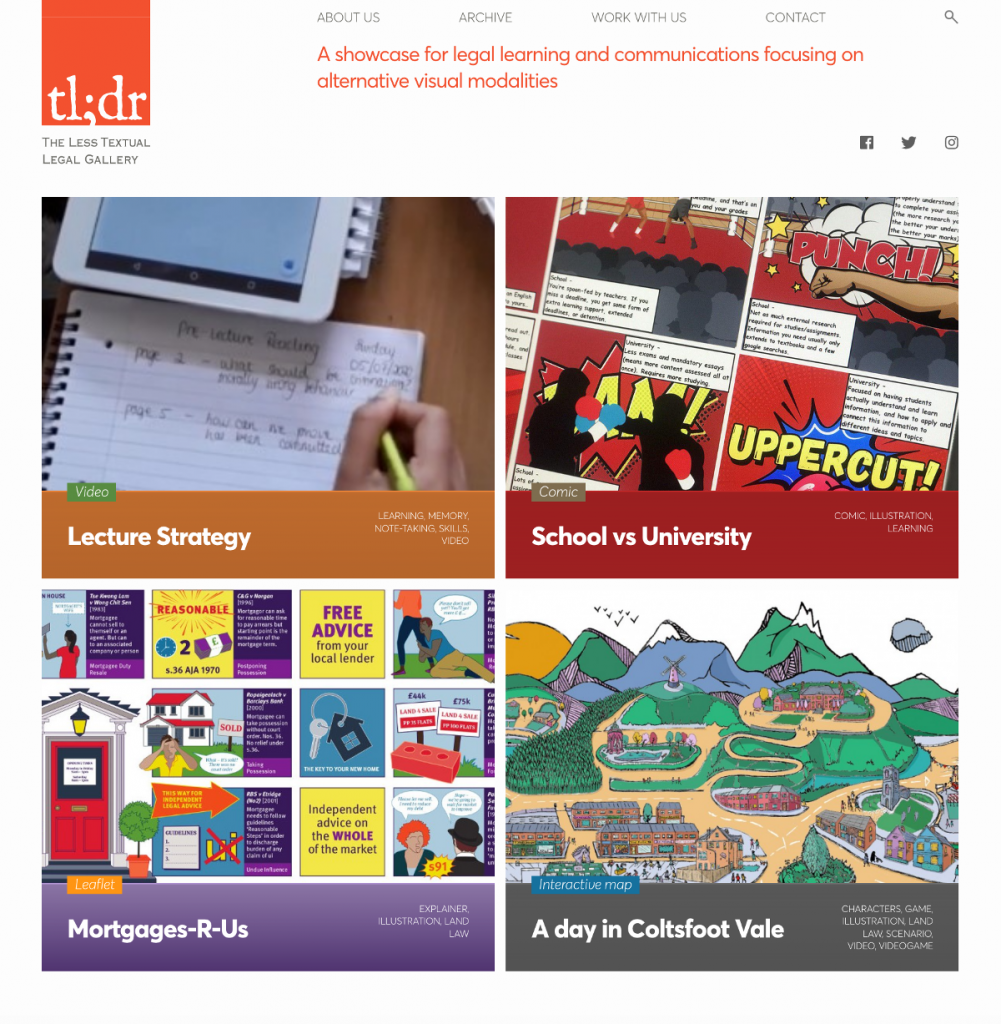
8. Are there any new projects coming up in the near future?
Lots of new content for TL;DR in development at the moment! I’m working with some really exciting collaborators and also have some very enthusiastic students involved. Watch this space…
Mooting Q&A
9. As the Director of Mooting, you are responsible for all mooting activity at City. Could you tell us about this role: the highs and lows?
Well it’s a pretty manic one! We run three internal moots at City between October and March: the City Scholars for LLB and LLM students, the GDL Moot for…you guessed it…GDL students (!) and the Senior Moot for all postgraduates. We also enter City teams into many external competitions both in the UK and further afield. Highs are seeing when a student has been so nervous before they moot and then comes out buzzing, or when a team in one of the big European competitions work really hard and it pays off. Lows are perhaps when I’m struggling to find judges or when I’m running round like a mad thing in the first round of the internal moots, moving furniture around and delivering water! Or when teams don’t get on (rare) and I have to mediate.
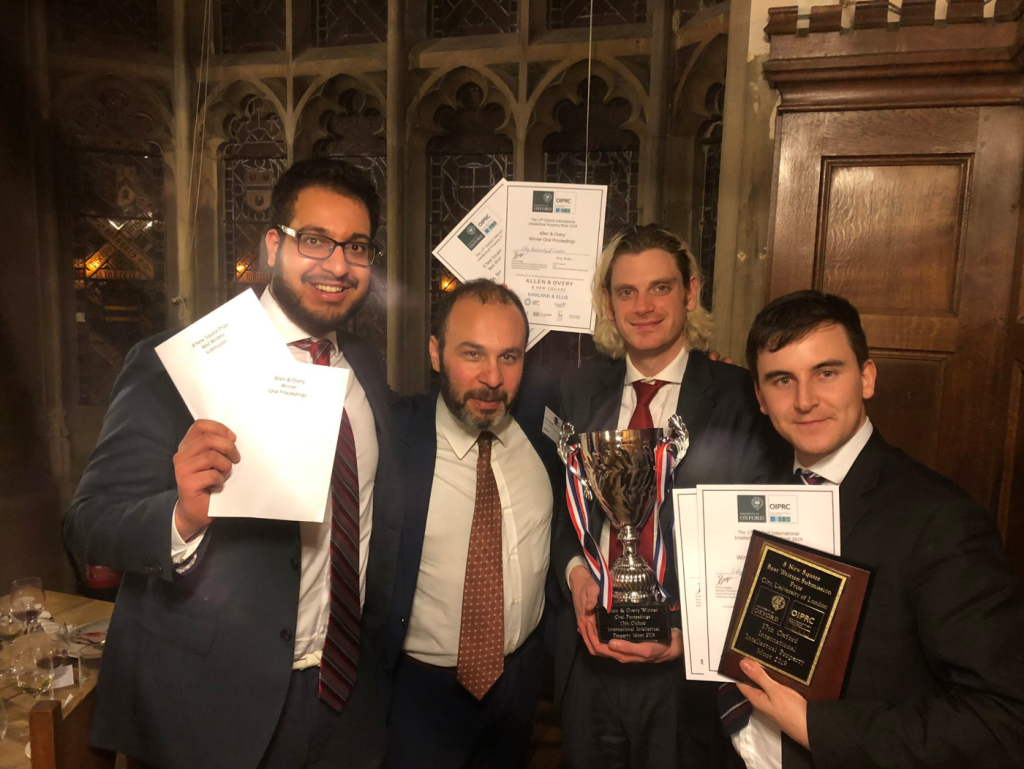
10. In your experience, what are the benefits of mooting? Why should students give it a go…?
There are so many! Key ones though are:
- Improving your ability to build legal argument
- Getting good at thinking on your feet (thanks to those scary judicial interventions)
- Developing superior research skills
- Once you moot on an area of law, you know it inside out (useful for exams)
- Networking; you’ll meet other students, academics and practitioners, as well as sometimes judges. They will often be happy to share their tips and experiences and sometimes even offer to help out later on in terms of shadowing opportunities, application advice.
City has a really good track record in mooting, and it is fantastic to see how committed and enthusiastic students are about it.
Quick-fire questions:
What resources do you read daily to keep up to date?
Are you sleep-deprived? When do you wake up and how many hours of sleep do you usually get?

Not sleep deprived at the moment – lockdown has meant a respite from a horror of a commute. In normal times I leave my house at 4:50am in order to catch the 5:22am train into London. I know…you are asking…why on earth is this? Well I live on a very expensive train line – it’s over £9000 a year season ticket (!) for an hour journey in from the South West, so I just get a daily return a few times a week. If I get the first train of the day it is just over £50, if I get the next one it doubles…(eek!).
Proudest moment?
Oh goodness no idea! I’ve won a few awards for my work over the years which obviously feels pretty ace at the time, but probably making myself have lessons to learn to swim properly in 2019 was a proud moment (I had a stupid drowning incident as a child and avoided swimming ever since).
The last place you have travelled to?
Travel seems such a distant memory! Last place I went abroad was Dubrovnik for a lovely break. Before that it was Finland and Nepal for work stuff.
The most favourite way to unwind?
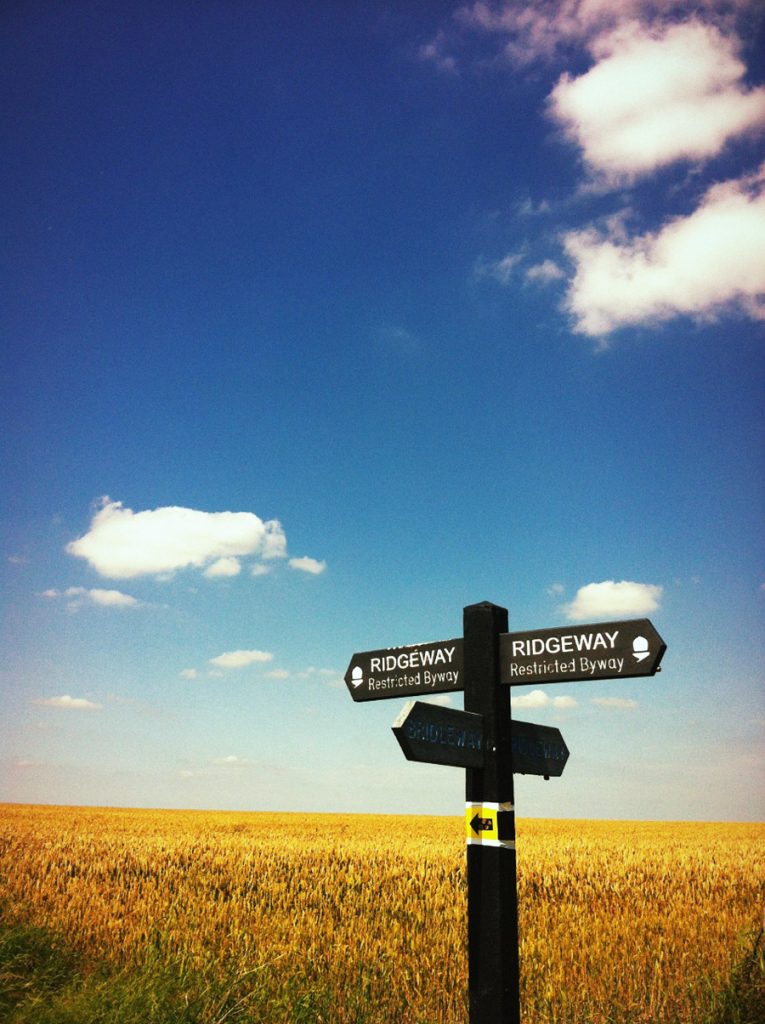
I have discovered a new hobby in lockdown and that is cycling. So I usually have half a day a week bombing up and down the Ridgeway (Britain’s oldest road) on my gravel bike. Otherwise it’s walking miles with my dog, hanging out with my teenage daughter (when she allows it!) or visiting new and beautiful places around the world.
This interview was carried out by Anna Dulina and Cristina de Souza, both students graduating from the City Law School in 2020, and members of the 2019-20 Lawbore Student Journalist team.

